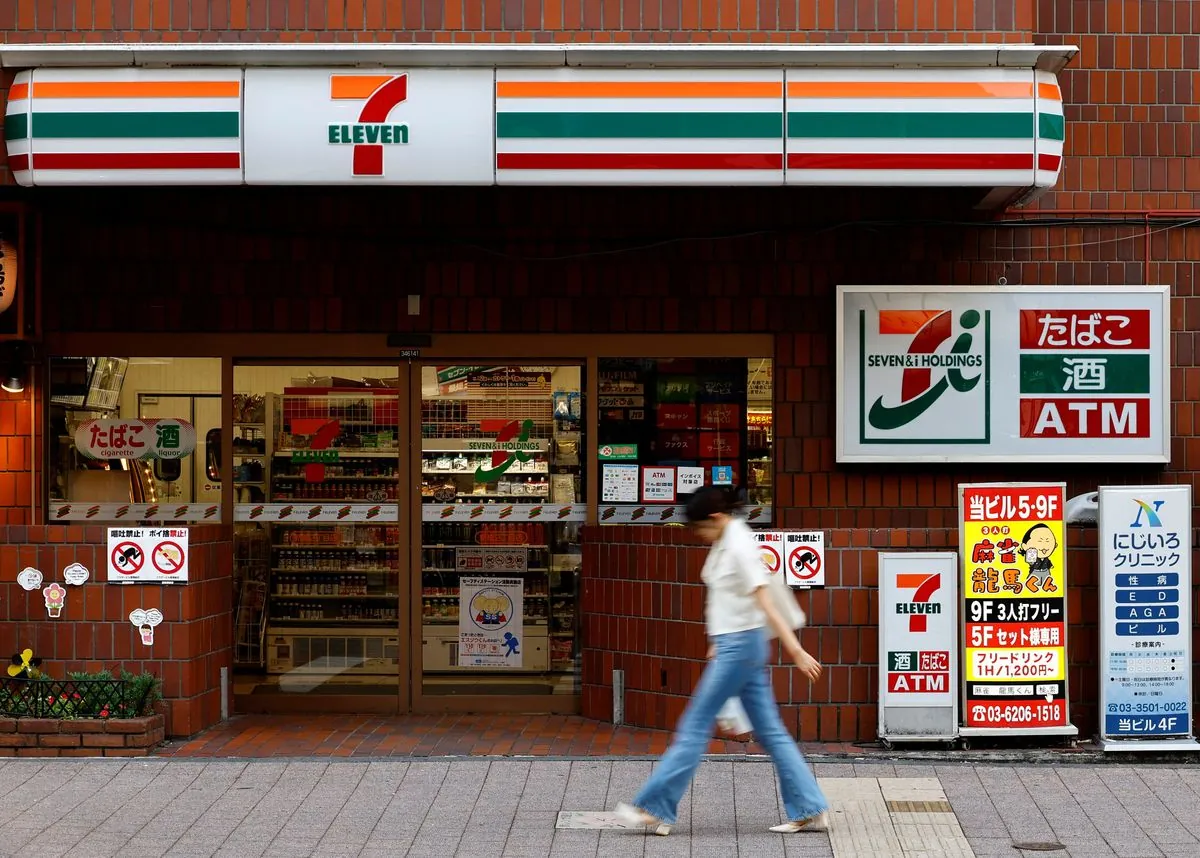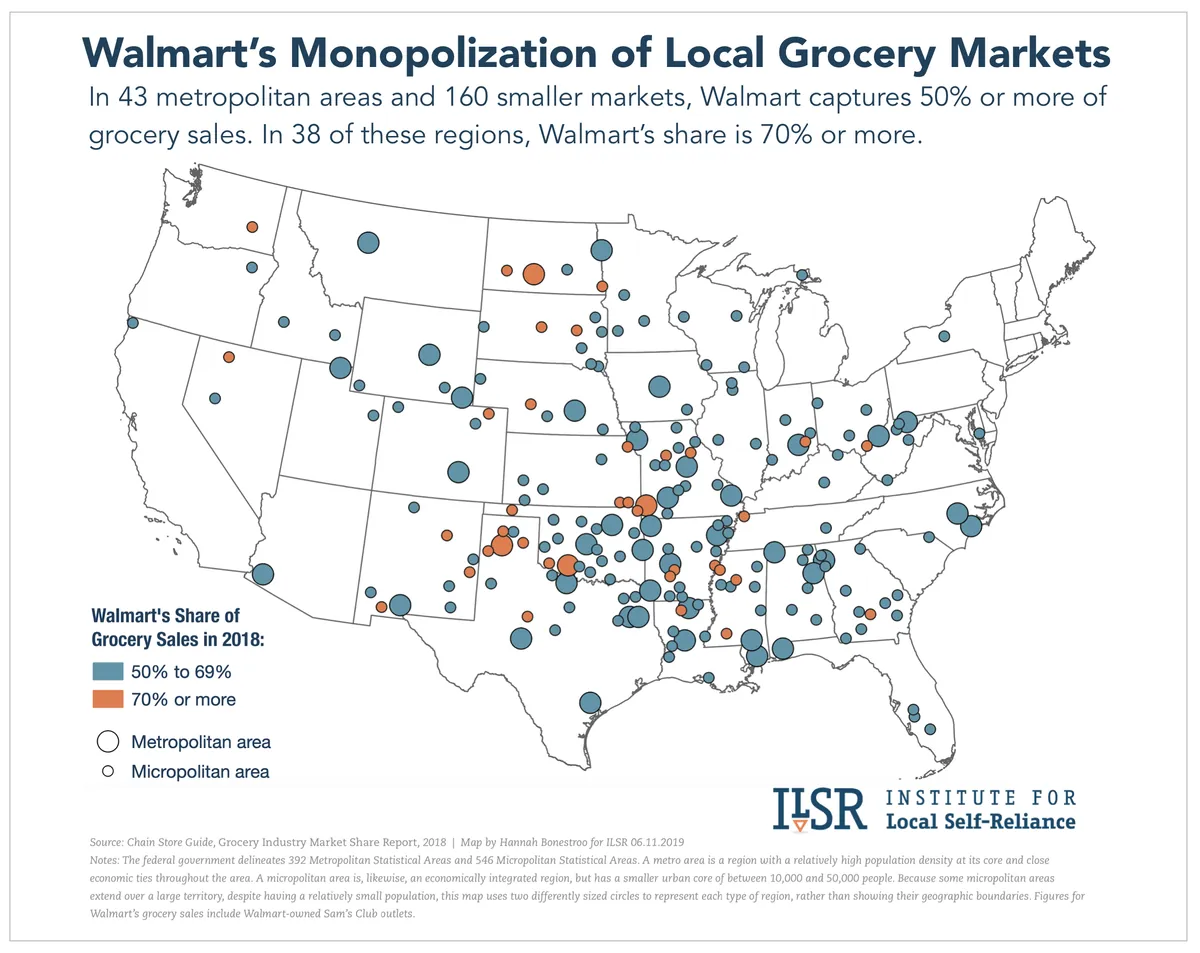Couche-Tard's Seven & I Bid Faces Hurdles Beyond Financial Might
Canadian retail giant Couche-Tard eyes 7-Eleven owner Seven & I in a potential $59 billion deal. Despite financial feasibility, cultural and regulatory obstacles loom large, particularly in Japan.

In a significant development in the global retail sector, Alimentation Couche-Tard, the Canadian operator of Circle K gas stations, has made a preliminary takeover proposal for Seven & I Holdings, the parent company of 7-Eleven. This potential $59 billion deal has sparked interest in the convenience store industry, which is projected to reach a staggering $1.1 trillion by 2027.
Financially, the acquisition appears viable. Analysts estimate that Couche-Tard could potentially reduce annual costs by approximately $2 billion if the merger succeeds. This cost-saving measure would allow the Canadian firm to offer a 40% premium on Seven & I's share price from August 16, 2024, while still achieving a return that covers its 7.1% cost of capital.
However, the path to a successful merger is fraught with challenges. In the United States, where both companies have a significant presence, antitrust concerns loom large. Seven & I, with its 13,000 stores, holds a 10% market share, while Couche-Tard follows with half that number. Combining these operations would likely necessitate the divestment of certain assets to gain regulatory approval.

The most formidable obstacle, however, lies in Japan. Seven & I's domestic operations, comprising 23,000 stores, are deeply ingrained in the country's social fabric. In Japan's rapidly aging society, 7-Eleven stores, known locally as "konbini," serve as essential hubs for daily meals, bill payments, and banking services. The chain serves an impressive 22 million customers daily in Japan and is renowned for its reliability during crises, remaining operational when other businesses close.
This integral role in Japanese society imbues Seven & I with a quasi-national asset status, potentially making local authorities and the public resistant to foreign ownership. This sentiment is reflected in the market's reaction to the news. While Seven & I's shares initially surged by 23% on August 19, 2024, these gains were significantly tempered, settling at a more modest 14% increase by August 21, 2024.
The proposed merger highlights the evolving landscape of the convenience store industry. Since its inception in 1927, 7-Eleven has expanded to 19 countries, pioneering concepts like ready-to-eat meals and advanced inventory management systems. Similarly, Couche-Tard, founded in 1980 and aptly named "Night Owl" in French, has grown through acquisitions, notably purchasing Circle K in 2003.
As the industry continues to adapt, offering an increasing array of services beyond traditional retail, the outcome of this potential merger could significantly shape its future direction. However, for Brian Hannasch, Couche-Tard's CEO, having deep pockets may not be sufficient to overcome the cultural and regulatory hurdles that stand in the way of this ambitious acquisition.
"While the financial aspects of the deal seem promising, the cultural significance of 7-Eleven in Japan cannot be overstated. It's not just a convenience store chain; it's a national institution. This factor alone could prove to be the dealbreaker, regardless of the premium offered."


































